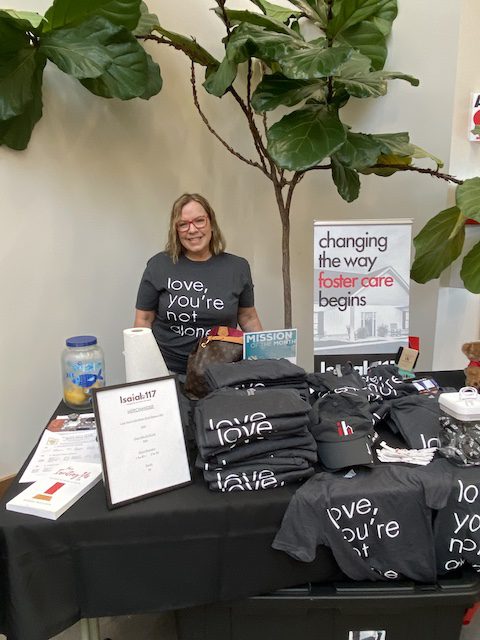
As Marta spoke to the congregation at the end of the service yesterday morning, I marveled at her capacity to share her painful story. She’d run away from a terrible home situation at age 13 and was on her own for weeks before being taken to a police station. There she sat for hours—scared, lonely, and in desperate need of love and support—while the police and a social worker contacted her mother, who signed away her parental rights. Eventually placed in a foster home, Marta would experience removal and foster placement four times before she reached legal adulthood.
How do people have the capacity to deal with life experiences such as this?
The capacity to heal
Earlier this year, I wrote about the difficulty of changing our narrative patterns in order to heal. “…the patterns that you can’t shake aren’t character flaws,” stated Kobe Campbell in her book Why Am I Like This? “They’re evidence of trauma—deep wounds longing to be healed and crying out for the divine touch of God Himself.”
To heal deep wounds, we need to look back to move forward, get help, and practice. “Healing happens in the everyday moments and patterns of life, not in the margins of it… Sharing our experiences with others begins the process of healing.” By sharing her story, Marta was healing—and more.
The capacity to integrate faith and works
The women’s 2023 winter Bible study was Heidi Goehmann’s Good Gifts: A Study of James, a six-week study with these chapter topics: Good Giver, Good Mercy, Good Fruit, Good Future, Good Relationships, and Good Word(s). In Good Mercy, Goehmann referenced James 2:15-16—Suppose a brother or a sister is without clothes and daily food. If one of you says to them, “Go in peace; keep warm and well fed,” but does nothing about their physical needs, what good is it?
Then Goehmann asked, “How can we show Gospel-bred warmth to our spouse, to our families, to the people we live with, to our neighbors, and to those we share space with on this globe?”
Or as our pastor asked in his February 5, 2023 message, how can we be the salt and light for others. How can we integrate faith and good works? How can we love our families, friends and neighbors as ourselves?
Enter Isaiah 1:17—Learn to do right; seek justice. Defend the oppressed. Take up the cause of the fatherless; plead the case of the widow—and Marta’s involvement with Isaiah 117 House.
The capacity to re-purpose
Isaiah House offers “a place that is safe with friendly and loving volunteers who provide clean clothes, smiles, toys, and snuggly blankets. This space allows children to receive the comfort and care they need while child welfare staff can do the necessary paperwork and identify a good foster placement.” Isaiah House reduces trauma for children as they await foster placement; lightens the load for child welfare services; and eases the transition for foster families.
Marta’s commitment to Isaiah 117 House is not only healing and not only integrating faith and works, but also re-purposing her story to turn lemons into lemonade. Fittingly, Isaiah 117 holds lemonade stands as fundraisers.
And the way Marta has the capacity to do all this is clear: There is nothing in us that allows us to claim that we are capable of doing this work. The capacity we have comes from God; 2 Corinthians 3:5 (GNT)
Linkup with Five Minute Friday.



Thank you, CD, for sharing about Marta and the capacity to heal and integrate faith and works! God CAN!! And because HE can, we CAN! Looking back to heal. It’s amazing what our Savior can do in our lives. God bless Marta, you, and Isaiah House!
Amazing, yes! Amazing Grace.
❤️❤️❤️